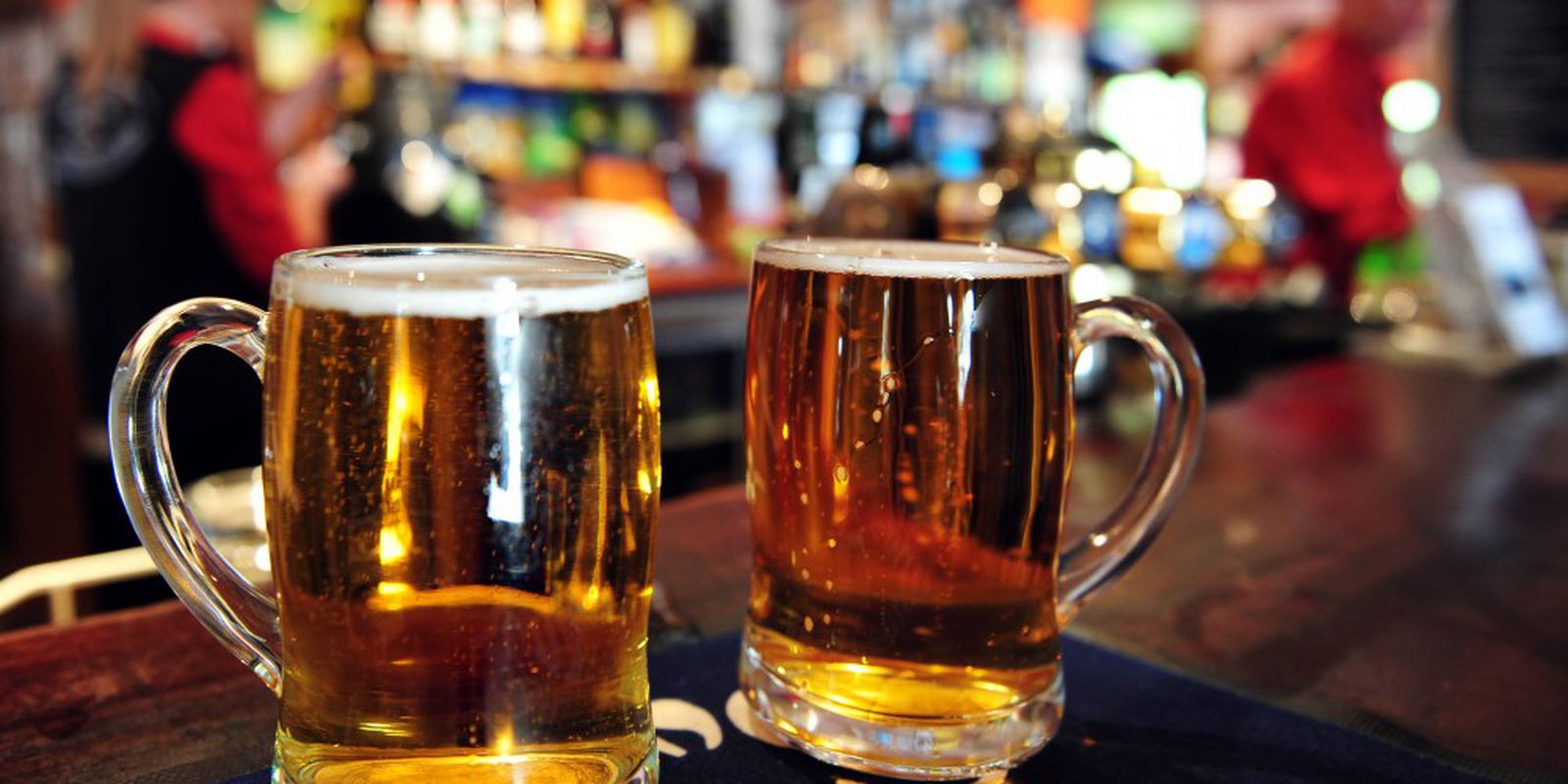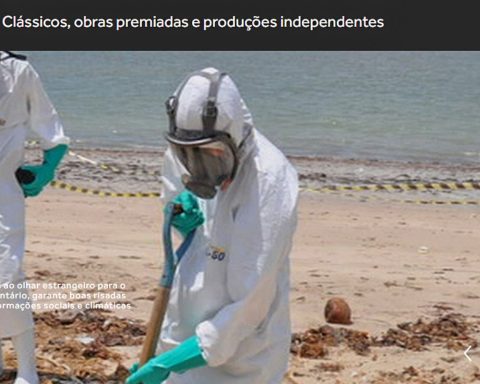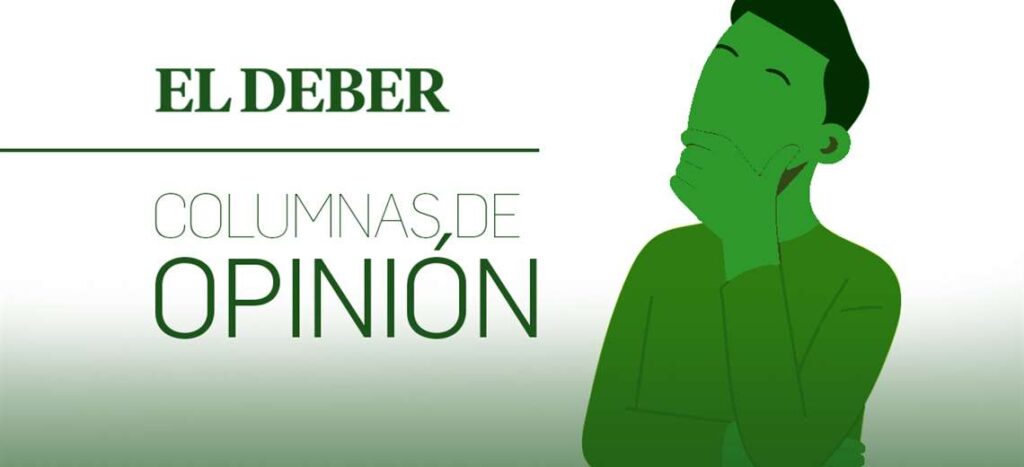“If you drink, your baby drinks too” is the theme of the campaign of the Brazilian Association for the Study of Alcohol and Other Drugs (Abead) which aims to alert pregnant women to the risks that the consumption of alcoholic beverages during pregnancy can bring to their children. . “This is our focus of interest, of action in advocacy (lobby do good),” said Abead president Alessandra Diehl. The entity seeks to prevent alcohol during pregnancy, to avoid what experts call Fetal Alcohol Syndrome (FAS).
On the National Day to Combat Alcoholism, remembered today (18), the psychiatrist highlights the risks of developing FAS, which is still underreported in Brazil and undertreated, as it is not identified during pregnancy. According to her, there is no information, especially for those who work in the primary health care network and who do prenatal care, “which are the nurses, the gynecologists”, to identify the woman who is drinking.
SAF has a high impact on the life of the child, mother, father and society as a whole. According to Abead, there is no safe baby during pregnancy because any amount of drinking can bring complications that include mental retardation, microcephaly, low birth weight, delay in neuropsychomotor development, in addition to gestational complications.
Studies show that between 12% and 22% of pregnant women have a history of alcohol consumption during pregnancy. This alcohol intake can range from occasional drinking to weekly binge drinking and even chronic use during the nine months of pregnancy. Abead advocates preventive measures for the use of alcohol by pregnant women due to the risk of developing FAS. It is estimated that about 1,500 to 6,000 children are born with FAS every year in Brazil.
Abead suggests, among preventive measures, the adoption of warning labels about alcohol on beverage packaging, using them as tools to raise awareness of the risks generated by the product. It also recommends broader public policy approaches to control consumption, with targeted and specific information on drinking during pregnancy. The entity supports the Bill (PL) 4.259/2020, in progress in the Chamber of Deputies, which establishes the system for the prevention of Fetal Alcohol Syndrome, as well as provides for the mandatory warning of risks related to the consumption of alcoholic beverages during pregnancy. “It is one of the first initiatives that begin to place the warning on alcoholic beverages, indicating that women cannot drink, as already exists in other countries. I think this can help”, said Alessandra.
teenagers
For the president of Abead, another problem that must be tackled without delay through public policies is the consumption of alcohol at an increasingly early age among young people. According to the National School Health Survey (PeNSE), released in September last year, 34.6% of the students consulted had tried alcoholic beverages for the first time before the age of 14, with the highest percentage among girls (36.8 %) than among boys (32.3%). More than 63% of the students interviewed had a drink of alcohol in 2019, against 61.4% in 2016.
The Third National Survey on Drug Use by the Brazilian Population, carried out by the Oswaldo Cruz Foundation (Fiocruz) and released in 2019, confirmed alcohol dependence among adolescents. According to the study, 7 million Brazilians under the age of 18, or 34.3%, said they had consumed alcohol in their lifetime, and 119,000 young people between 12 and 17 years old had some type of alcohol addiction.
“It’s a worldwide phenomenon,” said Alessandra Diehl. Young people are drinking earlier and earlier. PeNSE clearly shows that they start around the age of 14”.
The habit among women, which starts when they are young and is perpetuated, also worries Abead, which has been drawing attention to the phenomenon for some time. However, according to the entity’s president, there is no correspondence in terms of public policies that look at this gender issue. “I think this is our gap (gap) here in Brazil”.
Alessanda warned that although there is legislation in the country that prohibits the sale of drinks to teenagers, young people are able to buy alcoholic beverages easily. “It’s easy and there’s no oversight,” she said.
bag
The psychiatrist recalled that a new product has just been launched, in partnership with a beverage industry, with an alcohol content of 7.9%. “It’s an ice cream that contains alcohol, has a very interesting color and that undoubtedly attracts young people. I want to see what the inspection will be like for the sale of this product, with an alcohol content of 7%. These are things that have an impact on early initiation in Brazil.” In her opinion, a significant portion of these young people will evolve to more regular use and a pattern of dependence. On its own, she added, alcoholism is already a huge public health problem.
The professor of psychiatry at the Pontifical Catholic University (PUC) of Rio de Janeiro, Jorge Jaber Filho, also referred to this kind of bag, with 7.9% alcohol content, whose samples are being distributed in the country free of charge and which can stimulate use by teenagers.
Jaber warned that the main causes of death for young people in large cities are accidents, especially traffic accidents, which involve consumption of alcohol not only by the driver of the vehicle but also by minors on public roads. Homicides appear in second place and, in third place, the increase in suicide among young people who use alcohol and chemical substances, with alcohol in greater quantity. “In terms of public health among young Brazilians, the release of alcohol is devastating, because it involves the three main causes of death”, said the psychiatrist.
recommendations
One of the recommendations made by the president of Abead on the National Day Against Alcoholism is that parents should be aware of the behavior of drinking indoors, because children tend to imitate the example of adults. “If we are able to postpone the initiation of drinking in adolescence, if the young person starts experimenting above the age of 18 or 21, the chances of this teenager developing dependence decrease by 50%. This is an important issue.” For Alessandra, this also has to do with advertising, inspection of the sale of alcoholic beverages, that is, a decrease in demand.
According to the doctor, it is necessary to increase protective factors, including living with healthier activities that do not include alcoholic beverages and increasing practices related to the prevention of alcohol consumption, such as having family meals. “It seems little. But there are a number of studies that have evaluated how much family meals prevent the use of alcohol and other drugs, especially in the Brazilian context”. Encouraging reading, religiosity, spirituality, education, less games and living in areas that do not use alcohol are other indications of the president of Abead.
wanted by Brazil Agencythe Ministry of Health informed, through its press office, that a care line on alcohol and drugs is being prepared for launch next April.
Permissiveness
Jorge Jaber Filho also recalled that it is common for alcohol consumption to start within the family itself. He argued that many parents think that the fact that their child has a beer has no problem when, in fact, they are encouraging the use of the product that has negative effects on organic and mental health. “In general, society is very permissive with the use of alcohol”.
For him, although the sale of alcoholic beverages is prohibited to minors, what happens is a disrespect for the law, reaching an alarming activity, which is the sale of beverages to teenagers at gas stations. The same happens at parties and shows, where it is common to see young people with soda bottles containing mixed alcoholic beverages. “There is no manifestation of society to curb this. It’s considered normal.”















